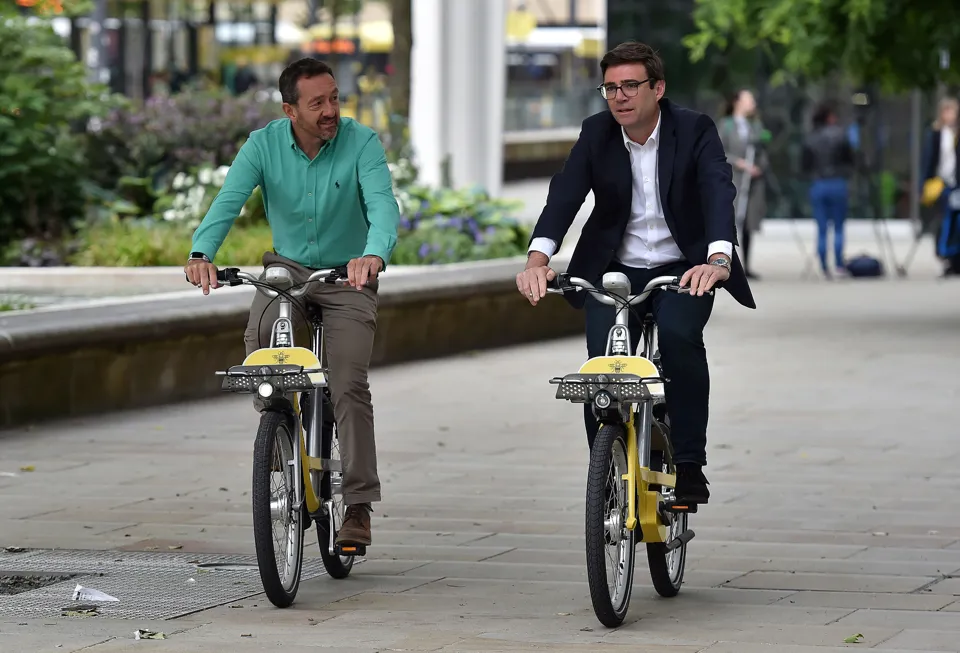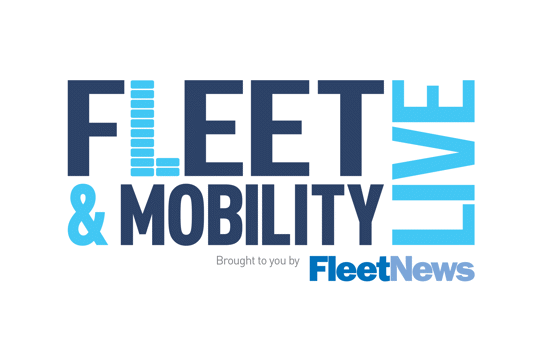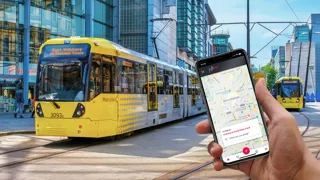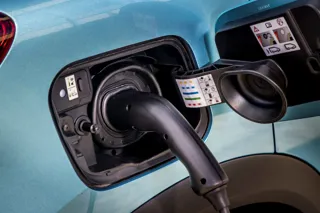The Mayor of Greater Manchester has called for Government to consider minimum air quality standards for parts of the strategic road network (SRN) to help curb emissions.
The region will have the UK’s largest clean air zone (CAZ), covering 10 boroughs and 2.8 million residents, when it goes live from May 30, 2022.
The class C zone will charge noncompliant coaches and HGVs £60, and taxis and private hire vehicles £7.50, with a temporary exemption for Greater Manchester-licensed vehicles until May 31, 2023.
Older vans and minibuses will also get an exemption until the same date but will be charged £10 thereafter.
Charges will be based on vehicles meeting certain emission standards – Euro6/VI or better for diesel engines, and Euro4 or better for petrol.
However, Greater Manchester Mayor, Andy Burnham, says he is disappointed that the new CAZ will only apply to roads under local authority control. Major routes, not subject to the restrictions, are controlled by Highways England.
“We’ve been creating a large clean air zone for Greater Manchester, because we have illegal levels of air pollution in all 10 of our boroughs,” he explained.
“That motorway network cuts through pretty every element of our city region, but, currently, Highways England is saying it won’t apply the clean air zone to the strategic route network. It’s only the local roads that we control that will be subject to the clean air zone.
“I can understand in the short term where they are coming from, but it’s still the case that the pollution coming off those vehicles comes very close to some of our poorest communities where the M6 slices through Wigan or the M602 in Salford.”
Burnham told delegates at the International Net Zero Local Leadership conference, organised by UK100 and the West Midlands Combined Authority (WMCA), that Highways England’s stance is “not sustainable” in the longer term and the Government will have to work with the freight industry to allow similar minimum CAZ pollution standards to apply to the SRN.
“Post pandemic we have to become much more serious about health,” he added. “We feel in going ahead with our clean air zone that things we’ve tolerated up until now, we shouldn’t tolerate any more.”
Ministers have agreed to the inclusion of a strategically important trans-Pennine section of the A57 and A628, that passes through the villages of Hollingworth and Mottram.
The local council, Transport for Greater Manchester (TfGM) and Highways England are trying to establish how the charging will be applied to this section of road and, as a result, it is not expected to be included when the CAZ first opens.
Sections of the A575 and A580 near Worsley could also be included, subject to local authority approval, with a consultation planned.
Highways England is also working with local authorities in several parts of the country to help businesses make the switch by giving them the opportunity to operate an electric vehicle (EV) for free for two months.
The scheme, funded by Highways England, was piloted with Energy Saving Trust and launched with Leeds City Council last year.
Working with the Leeds council, the operator of England’s SRN spent almost £2 million on the project, with a further £920,000 coming from the local council.
New schemes have now been launched in Coventry, Kent and Nottingham, as well as Sheffield and Bristol, which are setting up their own schemes.
INTEGRATED PUBLIC TRANSPORT
Burnham says Manchester’s CAZ is an opportunity to change the vehicles on the region’s roads. He also sees it as a “catalyst” to create a “London-style public transport system”.
Buses have recently been brought under local authority control for the first time in 35 years, which will allow them to combine with trams in Manchester, creating a “simple tap-in tap-out system”, he said.
“It’s that integrated consistent ticketing approach that I think will tip the balance in favour of public transport and away from the car.”
Burnham wants other UK cities to be able to operate an integrated public transport system like London’s. “The truth of the matter is we’ve allowed the car to be king in city regions outside of the capital,” he explained.
“That is a failure of all Governments, including the one I was in, to invest and a failure to align planning to a good transport policy.”























Login to comment
Comments
No comments have been made yet.